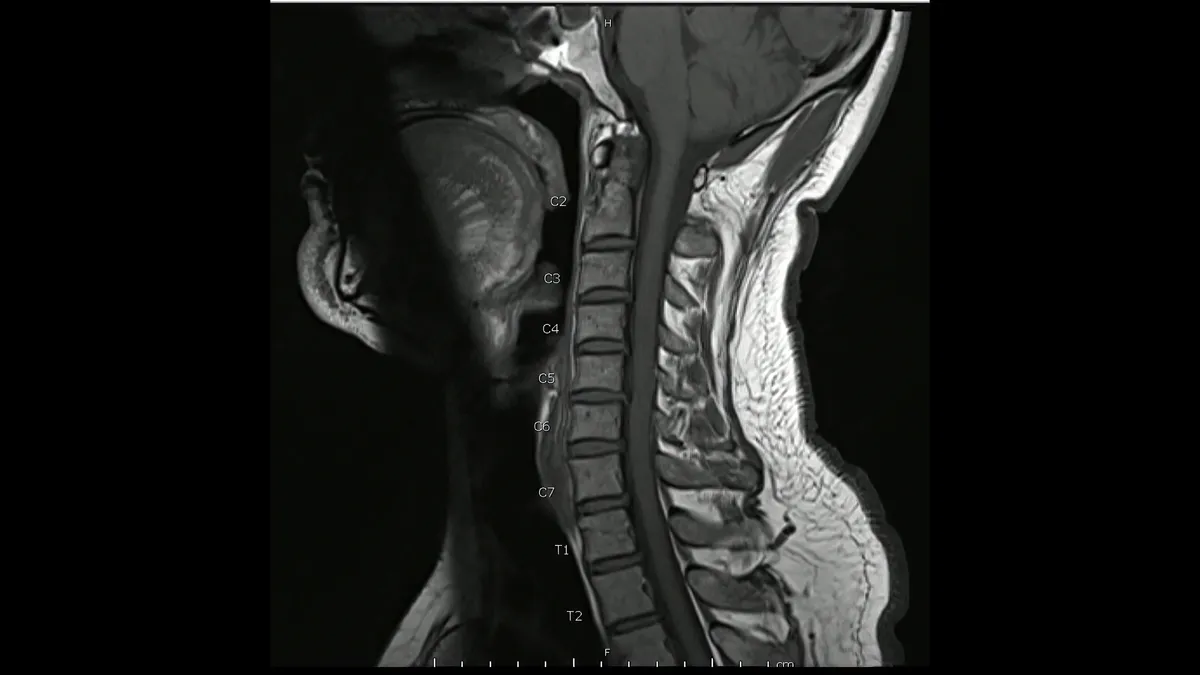Research Program Overview
Spine surgeries are common procedures, but they often come with a long and painful recovery period. Despite recent advancements in technology, patients still frequently face complications such as failed healing and significant pain during recovery. To address this challenge, we are collaborating with Amir Alavi, PhD, to develop innovative spinal implants made from meta-tribomaterials.
These 3D-printable implants have properties that are computationally designed rather than inherent, allowing for precise control over their behavior to improve patient specificity. Additionally, the implants can harness the micromotions of the spine to generate biologically safe electrical energy. This energy can be used to monitor the forces acting on the spine and provide electrical stimulation, which helps expedite the healing process, reduce pain, and allow patients to return to their daily activities more quickly.
Research Impact
Our metamaterial implant research program has achieved significant milestones:
- 420+ peer-reviewed publications advancing spine research and metamaterial innovation
- $600,000+ in active research funding supporting ongoing implant development studies
- Clinical Translation focus on developing clinically applicable implants that can improve surgical outcomes and patient recovery
Clinical Translation
Our research explores how these advanced implants can improve bone fusion and address common surgical challenges. We work closely with regulatory agencies and clinical partners to ensure that energy-harvesting implant technologies meet safety standards and demonstrate improved patient outcomes in spine surgery recovery.
Research Inquiries Collaboration Opportunities
Mission
To develop innovative spinal implants made from meta-tribomaterials that harness spine micromotions to generate biologically safe electrical energy for monitoring forces and providing therapeutic stimulation, ultimately improving bone fusion, reducing pain, and accelerating patient recovery.
Primary Research Areas
Meta-tribomaterial Design
Computational modeling and design of meta-tribomaterials with optimized properties for energy harvesting and therapeutic applications
Energy Harvesting
Development of systems that convert spine micromotions into biologically safe electrical energy for monitoring and stimulation
Force Monitoring
Real-time force monitoring systems that utilize harvested energy to track spinal loading and healing progress
Therapeutic Stimulation
Patient-specific electrical stimulation protocols that accelerate healing and reduce pain during recovery
3D-Printable Architecture
Advanced 3D-printing techniques for creating patient-specific implant architectures with precise control over microstructure
Bone Fusion Enhancement
Technologies designed to improve bone fusion outcomes and reduce complications in spine surgery recovery
Research Methodology
Our research program employs advanced computational design techniques to engineer meta-tribomaterial properties that optimize energy harvesting efficiency and therapeutic outcomes. We utilize sophisticated finite element analysis and machine learning algorithms to predict implant behavior under physiological loading conditions and design optimal geometries for energy generation. The 3D-printing fabrication process allows for precise control over implant microstructure and enables patient-specific customization. Comprehensive testing protocols include biomechanical characterization, energy harvesting efficiency assessment, and biocompatibility studies. We collaborate with clinical partners to evaluate the safety and efficacy of electrical stimulation protocols in controlled research environments.
Current Initiatives
Energy-Harvesting Fusion Cages
Ongoing Development of 3D-printed interbody fusion devices that convert spine micromotions into electrical energy for continuous monitoring and therapeutic stimulation to enhance bone fusion.
Smart Stimulation Systems
In Development Integration of patient-specific electrical stimulation protocols that utilize harvested energy to reduce pain and accelerate healing processes during recovery.
Computational Design Platform
Planning Phase Advanced modeling tools that enable precise customization of meta-tribomaterial properties for individual patient biomechanics and therapeutic needs.

